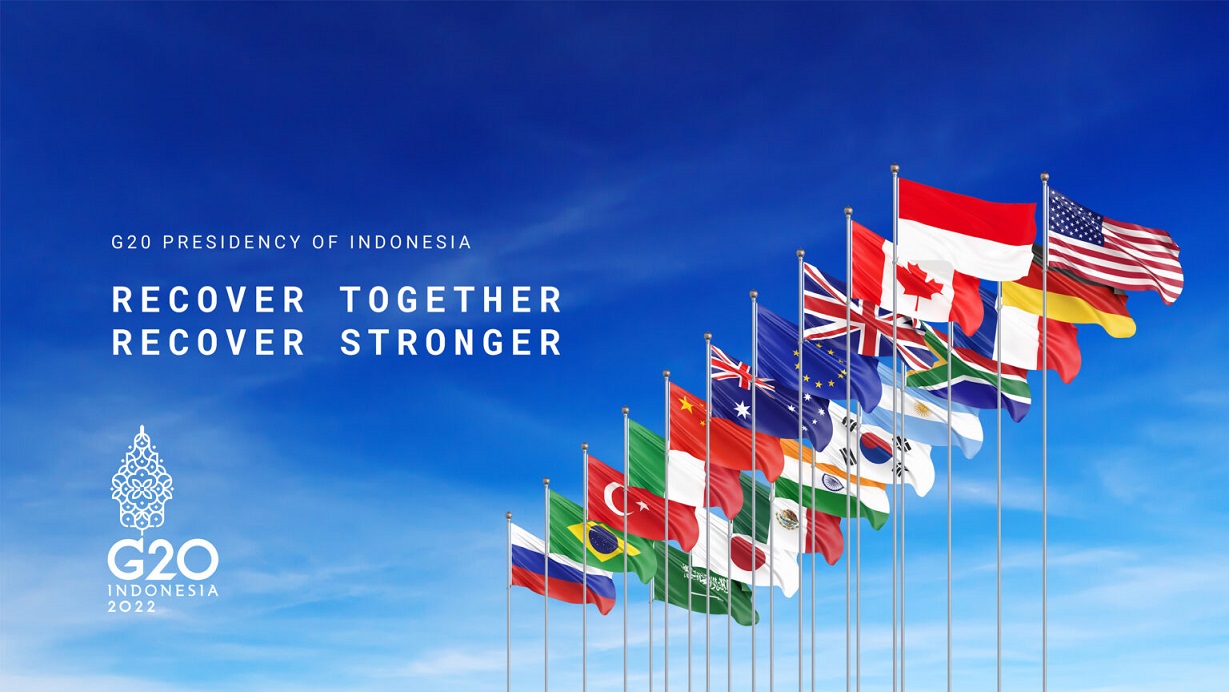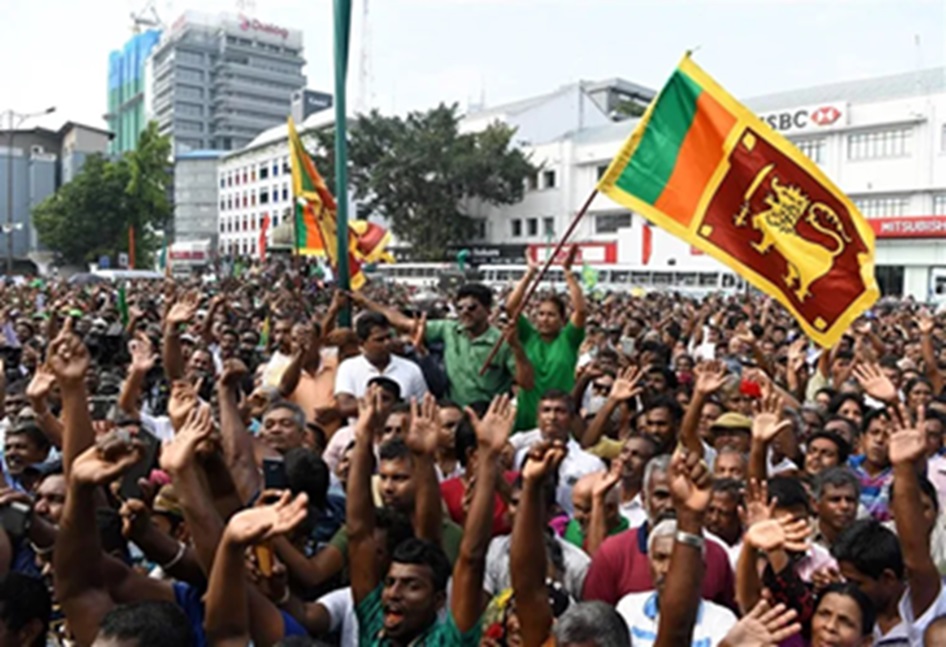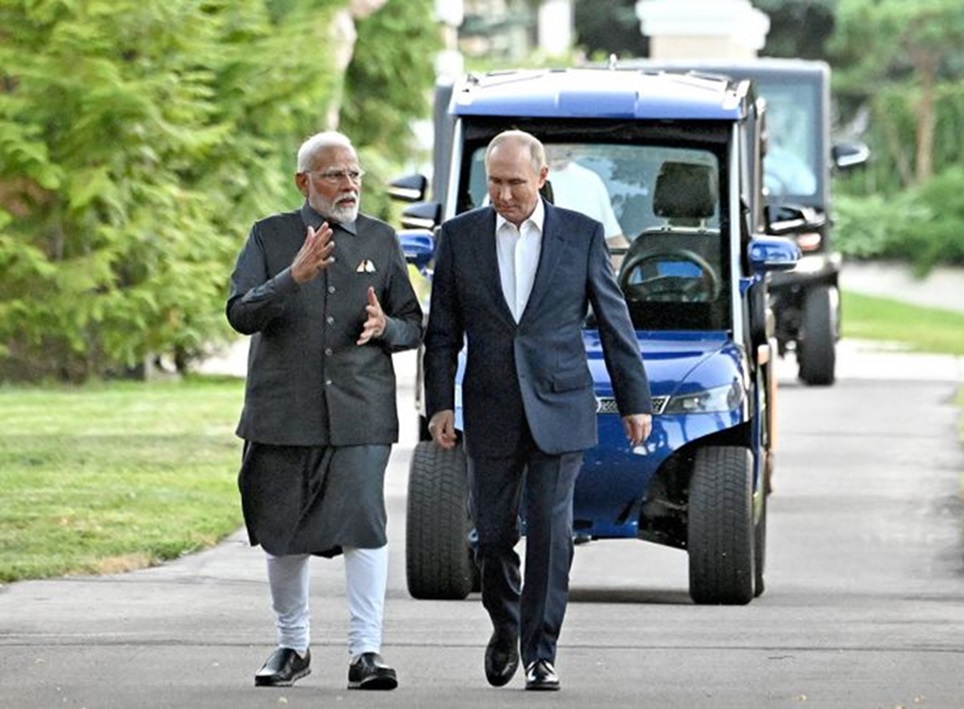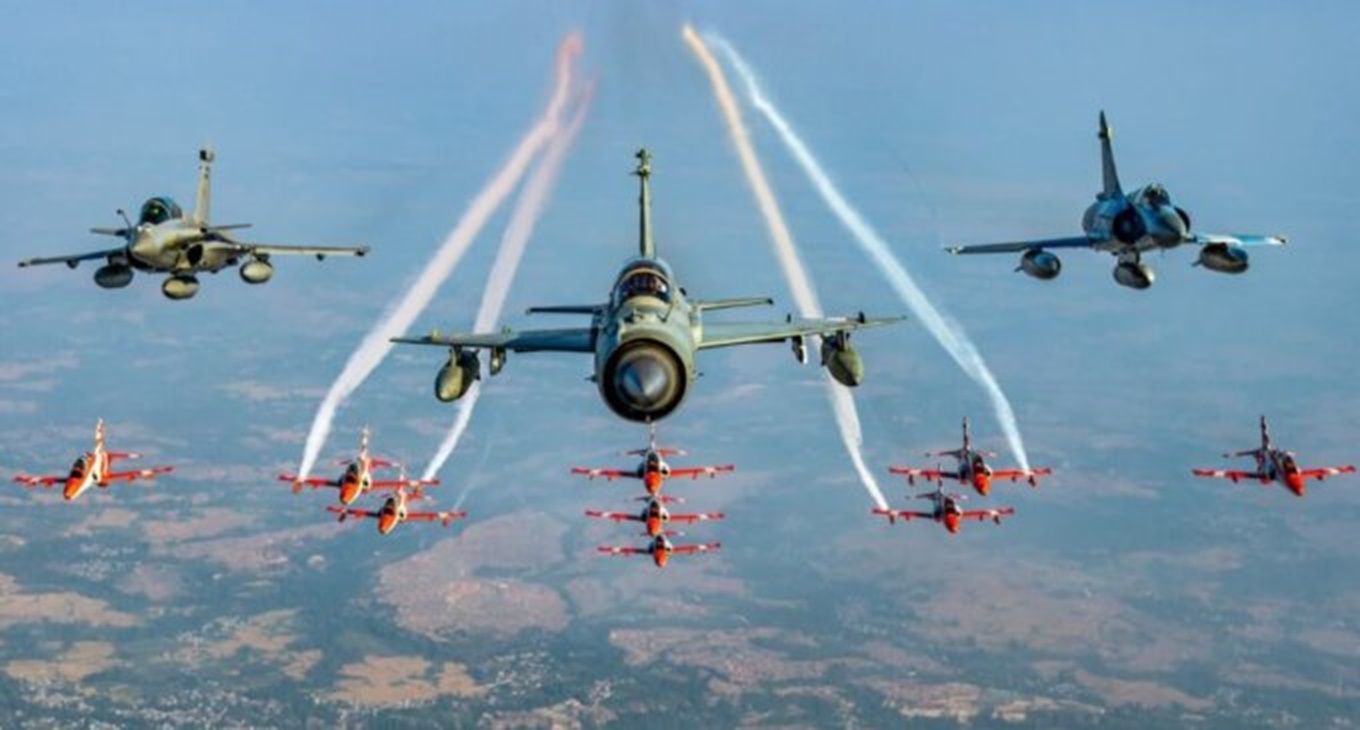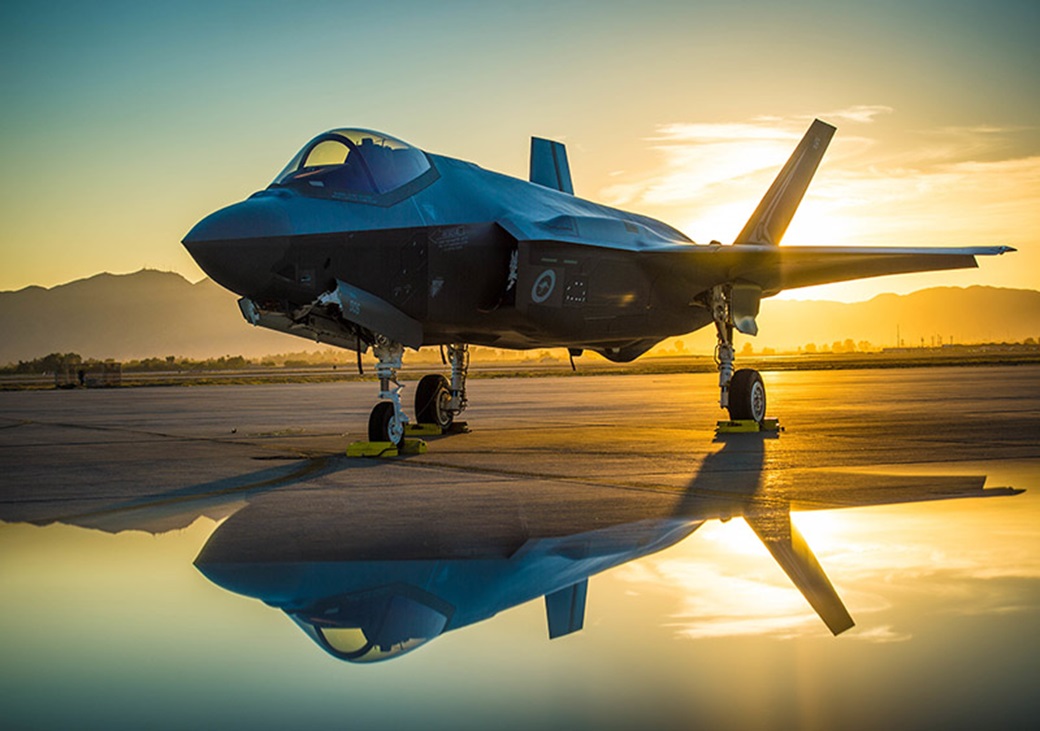This is the question that comes to our mind when we hear that Russia is not going to be a part of the G-20 Summit. We all are well aware that Russia has shown that no diplomatic power can stop them. Mr Putin rejected numerous appeals for peace from world leaders. We saw Russia dominating the United States of America for the first time.
Before we discuss available options for G-20, first let us understand the importance of the G-20 Summit. The Group of Twenty, or G20, is the premier forum for international cooperation on the most important aspects of the international economy and financial agendas. It brings together the world’s major advanced and emerging economies.
The 17th G20 Heads of State and Government Summit will take place in November 2022 in Bali, Indonesia themed “Recover Together, Recover Stronger”. This theme will emphasise the global pandemic which continues to affect all sectors of life, the future of our shared prosperity relies on our collective ability to create an inclusive and sustainable foundation for growth.
This time members of the G20 are Argentina, Australia, Brazil, Canada, China, France, Germany, India, Indonesia, Italy, Japan, Republic of Korea, Mexico, Russia, Saudi Arabia, South Africa, Turkey, the United Kingdom, the United States, and the European Union. Spain is also invited as a permanent guest. Also, note that the Presidency invites guest countries, which take full part in the G20 exercise each year. Several international and regional organizations are also participating, granting the forum an even broader representation. G20 members currently account for more than 80% of world GDP, 75% of global exports, and 60% of the global population.
The objectives of the G20 are:
- Policy coordination between its members to achieve global economic stability, and sustainable growth.
- To promote financial regulations that reduce risks and prevent future financial crises.
- To create a new international financial architecture.
Starting in 1999 as a meeting for the finance minister and central bank governors, the G20 has evolved into a yearly summit involving the Head of State and Government. In addition to that, the Sherpa meetings (in charge of carrying out negotiations and building consensus among Leaders), working groups, and special events are also organised throughout the year.
The role of the leaders on the G-20 platform is to be committed to working with the developing countries. The goal is to support more low-income countries which need fulfilling Millennium Development Goals (MDGs).
With analysis, policy coherence, and practical tools, G-20 delivers growth and support. These practices help all the members of the G-20 to better target their cooperation with developing countries and help in amplifying international agendas. It encourages inclusiveness and opportunities for all. For Low-Income Developing Countries, G-20 members have and will continue to provide avenues for growth and development, especially with employment opportunities.
The platform G-20 plays a critical role in enabling inclusive growth and development. Aspects like financial stability, promoting growth, and avoiding and managing crises come under the G-20 umbrella. The increasing unification equals the G-20’s sustainable and balanced global growth. The G20 is well placed to contribute to its implementation and can maximize its collective impact on the 2030 Agenda for Sustainable Development which is a universal agenda.
Russia at G-20
After the ongoing war against Ukraine, Russian President Vladimir Putin plans to attend the next G20 summit in Indonesia later this year which has caused a flow of emotion from some of the members of G-20. To name a few, US President Joe Biden and Australian Prime Minister Scott Morrison have called for President Vladimir Putin to be excluded from the Group of Twenty (G20) annual meeting in Bali, to be held in November 2022. Whereas, according to the Chinese Foreign Ministry spokesman Wang Wenbin, “The G20 is a group that needs to find answers to critical issues, such as economic recovery from the Covid-19 pandemic. No member has the right to remove another country as a member. The G20 should implement real multilateralism, strengthen unity and cooperation”.
The ongoing invasion of Russia in Ukraine shows that it does not align with the liberal western economies. This was justified in the past when Russia was ejected from the G8 in 2014, as the new G7 is committed to Pluralism and Democracy. No such commitment has been there by Putin’s Russia. But with more emerging market representation, Russia appears to be better suited to the G20. Russia’s given economic focus fits alongside Saudi Arabia and China compared to the USA and the European Union.
Despite this very reality, Russia could still be excluded based on the recent statements and actions which have brought a roil in the global financial and commodity markets, its currency is non-convertible, and it has a concentrated and fragile economy. In fact, Russia’s only contribution to the world is oil and gas. But honestly, the Ukrainian invasion by Russia has overpowered the importance of oil and gas which is diminishing in the present world. Russia holds only 3 percent of Global GDP approximately which makes it a minuscule player.
Finally, there would be another sanction on Russia, and Russia knows this. When pushed out of the G8 in the wake of the first invasion of Ukraine, Foreign Minister Lavrov downplayed it by saying “All the economic and financial questions are decided in G20”.
On the other side of the story, the exclusion of Russia from the G-20 is absurd. If we treat Russia as a rogue state then China is a bigger rogue state. So, if China is not being evicted from G20 then, why should Russia be? If we compare China and Russia, the western trade and investments are significantly higher in Russia than in China. This prevents its exclusion from the organization, despite several violations of international laws. China has continuously used its military clout to encroach on peaceful Bhutan. It has used diplomacy to impoverish (debt trap) the island nation of Sri Lanka. Nonetheless, it has always supported the terror state of Pakistan and has intruded into the international waters in the South China Sea. So, Russia might be next but China should be the first when it comes to eviction from G20.
If we take a look at the current scenario based on principles then it must be equally applied to all the members of the G20. No doubt that Russia’s recent actions in Ukraine are fundamental violations. But then in the case of China’s brazen intrusion in Bhutan and India should be considered too even though on a smaller scale. We should have seen China’s exclusion from G20 much earlier on the same principle. In addition, the economic isolation of a strong nuclear nation like Russia from the high-level table of global engagement will not help any nation and will definitely not end the war. Until G20 gets its interests-value proportionally aligned, Russia must remain in the G20.
Conclusion
Globally, Russia is facing an onslaught of international sanctions led by western countries which aim to isolate it, including the shutting of the SWIFT global bank messaging system, and restricted dealings by its central bank. But in the end, eyeballs are stuck on USA president Joe Biden’s reaction said that “Russia should be removed from the Group of 20 nation”, on 24th March 2022 (Thursday) from Belgium as world leaders met to address Russia’s ongoing invasion of Ukraine. So, time is near and only time will tell what the world will be witnessing until November 2022.
References:
https://www.mea.gov.in/Portal/ForeignRelation/g20-august-2012.pdf
https://g20.org/g20-presidency-of-indonesia/#recover
https://g20.org/about-the-g20/
https://diplomatist.com/2020/04/01/g20-and-its-importance-in-todays-world/
https://www.worldeconomics.com/Share-of-Global-GDP/Russia.aspx
Title image courtesy: https://g20.org/
Disclaimer: The views and opinions expressed by the author do not necessarily reflect the views of the Government of India and Defence Research and Studies

